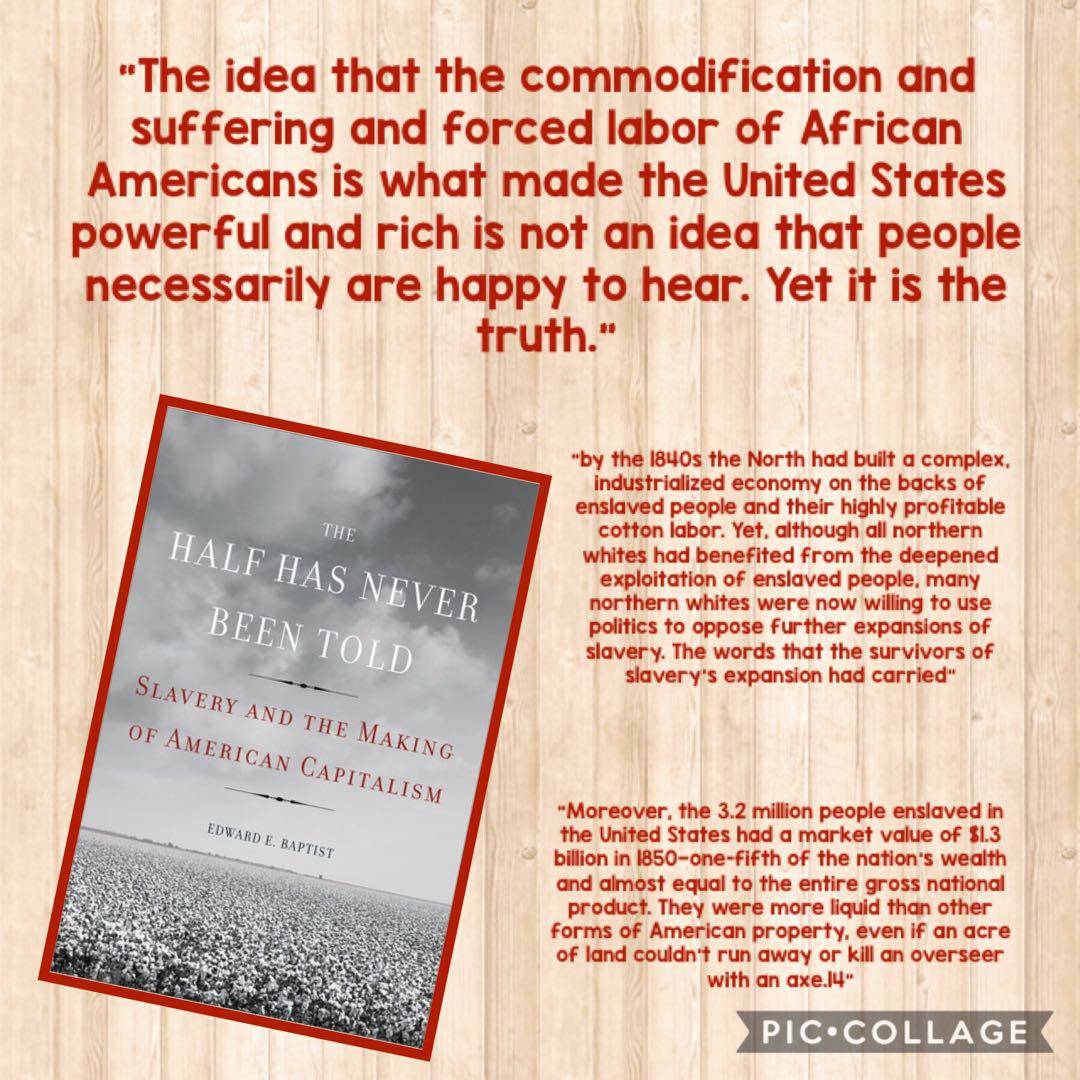
#audiobook #hoopla
I learned a lot reading this book about the half that isn‘t discussed like this in the history books.

#audiobook #hoopla
I learned a lot reading this book about the half that isn‘t discussed like this in the history books.
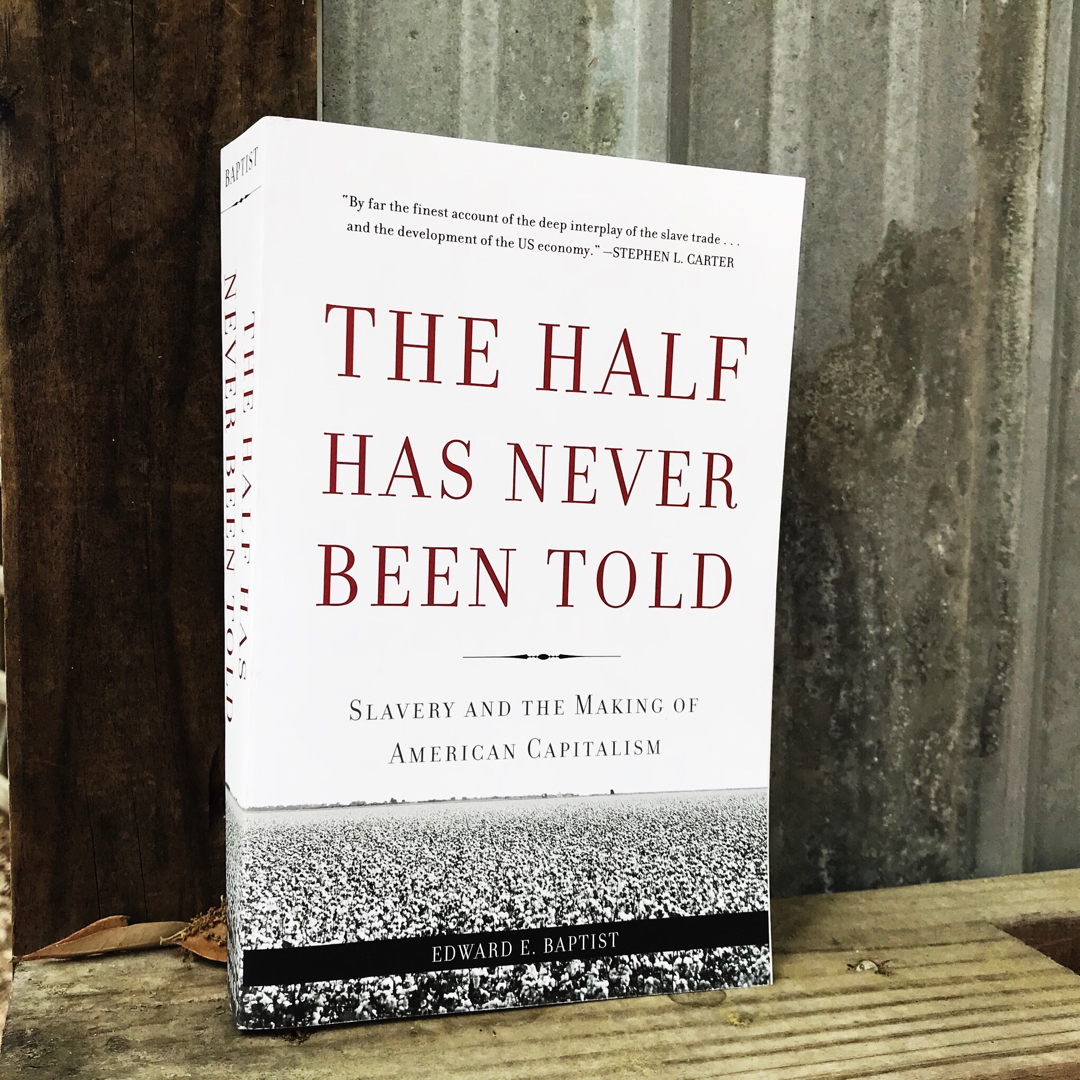
When Jesmyn Ward mentions a book she read as part of her research for an upcoming project, you read the book!
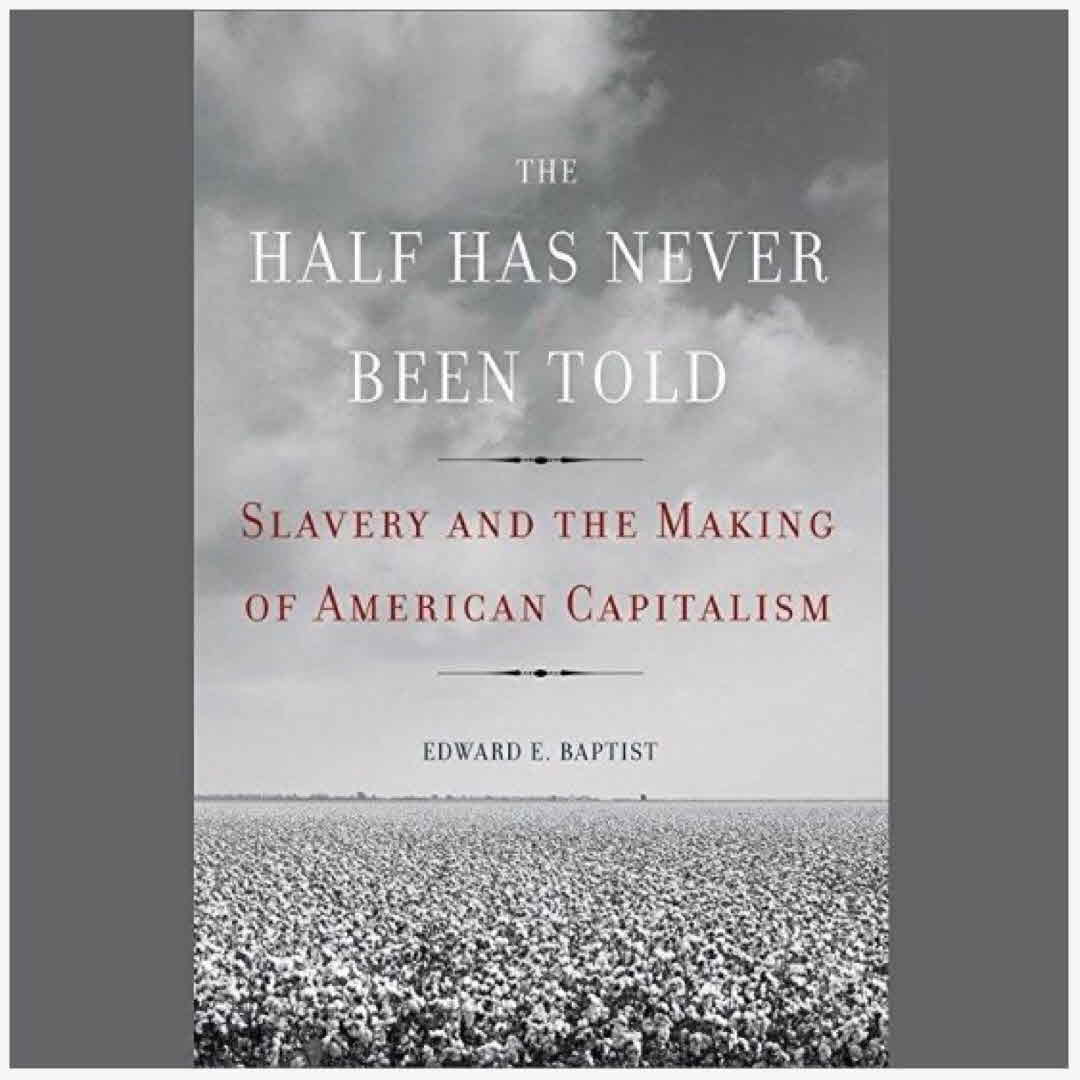
This was in depth and interesting. It‘s an important topic as well. For me the audio was hard to follow at times, but I‘m sure that was a me thing. I would have been better with an ebook or physical copy. Some of the information was in one ear and out the other.
More at OrangeMooseReads.wordpress.com
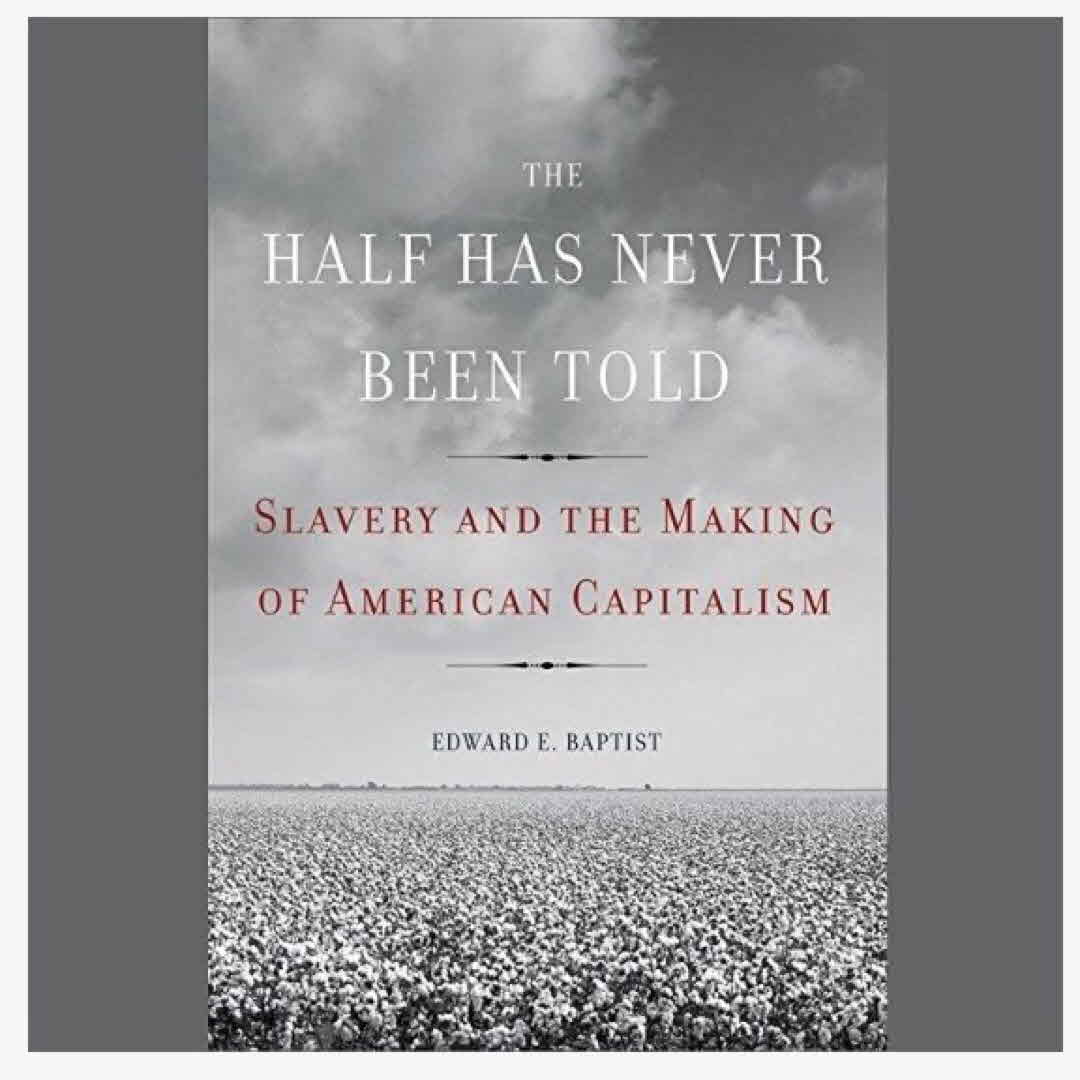
Been listening to this one the last few days. Incredibly interesting, heartbreaking, and infuriating.

I think that typical narratives of American history treat slavery as a MacGuffin that may (or may not) have caused or motivated the Civil War. This book runs a counter-narrative, telling the story of America as the story of slavery, the slave trade, and the cotton trade through the Civil War. Cotton was king in the 1800's, and just what that means for our history is too often lost in the telling. You would do well to pick this up.
This book is a direct punch in the gut on why America is the way that it is - from its physical shape to its insatiable capitalist greed, even down to how our banks are structured as they are now. Slavery is what shaped this country. Slavery is what shaped the world. And it's still happening. This book is an education on the how and why and should be required reading for all.
But people, and indeed the world, can change from things as invisible and acts as ephemeral as words on the wind.
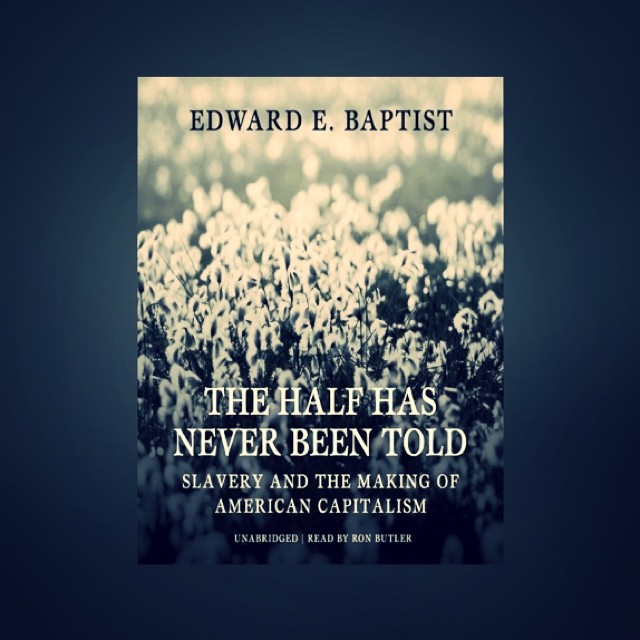
"At five foot five, and built like a sweaty tank, [Stephen Douglas] managed with energy and invective to dominate a congress filled with taller, better looking, and better born men" (Ch. 10).
Thus may it be said of all of us--except for the sweaty tank part.